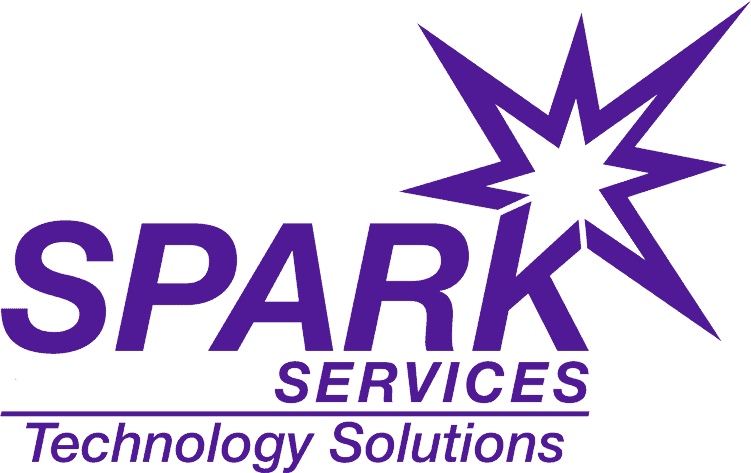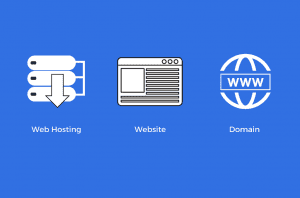
If you manage an online business, one of your top responsibilities should be to keep your customers’ data safe and accessible. Of course, a lot depends on the hosting environment you prefer and your actions to protect your data. VPS Hosting is one of the most secure hosting options to ensure total data privacy and protection.
A Virtual Private Server (VPS) is a server that uses server virtualization to allow one physical system to host several virtual servers that might be isolated otherwise. VPS Hosting is a hybrid of dedicated (private resources) and shared (many users) hosting that is a more safe and stable solution with a smaller-scale and less expensive alternative to a dedicated server. Your files and databases are protected from other service users while giving you control over how you want to make your information accessible.
When it comes to data security for your company, another critical decision you need to make is whether you want to go for Managed VPS or Unmanaged VPS services.
Managed VPS
A managed VPS is one in which the hosting provider is responsible for updating, running, configuring, and maintaining your VPS – this varies per host. This is a fantastic choice for those unsure about running a Linux server. Here’s how it helps to ensure complete protection.
Consistent Support
Get access to a team of experienced hosting specialists who will handle threats and attacks as well as uncover new and significant security breaches.
Regular Patches and Updates
Your hosting provider can maintain your server with the newest patches and release updates to repair the flaws and prevent further breaches.
Anti-virus
Managed hosting can keep you safe by fending off viruses, running malware scans, email virus filters, vulnerability scans, and giving real-time security updates and information.
Hardware Upgrades
A specialized crew can keep an eye on hardware concerns and, if necessary, upgrade them.
Unmanaged VPS
In such a scenario, the hosting company provides significantly lesser support for your hosting requirements. You’ll have to be in charge of server administration and upkeep. It’s a more economical choice that gives you some control over your activities. Here are a few things you need to consider:
Audits
To keep your data safe, you can conduct an audit regularly with a variety of tools, including the Linux Security Auditing Tool, Bastille, and Logwatch.
Configure a Firewall
Installing a firewall on your VPS server will filter out undesirable traffic. Advanced Policy Firewall (APF) and Config Server Firewall are two popular firewalls (CSF).
Updates and Backups
Keep your server up to date, and save backups on a regular basis for emergencies.
Implement the Best Practices
Run regular malware/virus scans on your server, check your security logs regularly, disable compilers, sign up with DDoS protection, remove unwanted modules or packages, and activate CMS auto-updates.
Make the best decision for your data and enjoy the privacy and control over it!
Are you looking for a fast and dependable web hosting solution for your website but aren’t sure what features you’ll require? Let SPARK Services help you with our wide web hosting solutions and complete support for your business.



